Jail, not Bail, fails in Canadian House of Commons
Conservatives brought in the Bill to keep repeat offenders in jail and keep Canadians safe.
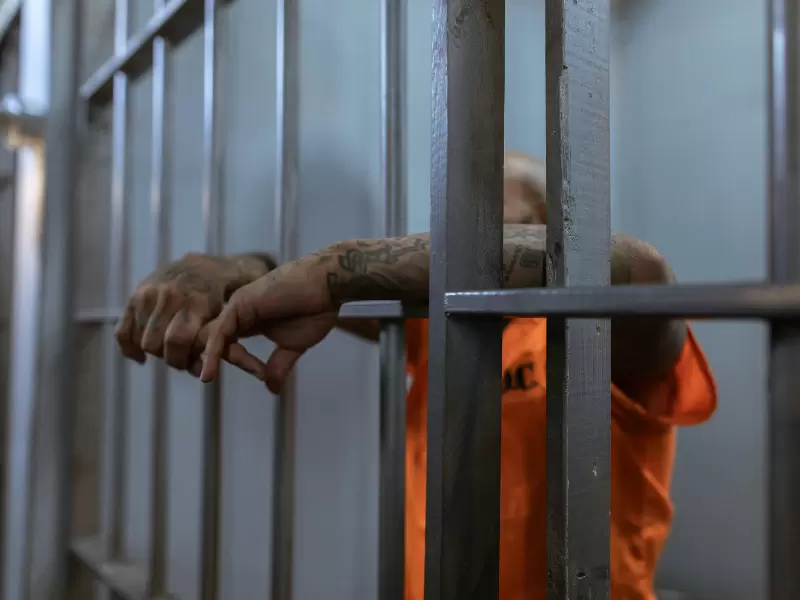 Representative Image / Pexels
Representative Image / Pexels
After an animated debate over the growing incidence of violence, especially by repeat offenders, Conservatives suffered yet another political reverse when their Bill C-242 fell through for want of support.
The Bill put to a vote on Oct.6 was defeated 196-142, as the Conservatives failed to garner any support from members of other Opposition parties – the Bloc Québécois and the NDP.
Pursuant to Standing Order 45, the House on Monday proceeded to the taking of the deferred recorded division on the motion of Arpan Khanna (representing Oxford) and seconded by Eric Melillo (Kenora-Kiiweinoong).
It said:
(a) violent crime is up 55% under the Liberal government, and repeat offenders continue to be released because of Liberal catch and release laws; and
(b) The Liberal government promised to pass criminal justice reform six months ago, but has failed to do so;
to keep repeat offenders in jail and keep Canadians safe, the House thinks that Bill C-242, an Act to amend the Criminal Code and the Department of Justice Act, also known as the Jail Not Bail Act, must pass and is committed to sitting extended hours, holding an expeditious committee study and undertaking such other procedural measures as may be necessary to pass it at the earliest opportunity.
The question was put to vote, and it was negatived on the following division, as it received only 142 votes in support while 196 opposed.
Last week, another Bill moved by the Conservatives also fell through for want of majority support.
In his Bill, John Barlow held that since the Prime Minister said Canadians would judge him by the cost at the grocery store, and that,
(i) Food inflation was 70% above the Bank of Canada's target,
(ii) food prices were up 40% since the Liberals took power,
(iii) Daily Bread Food Bank expected 4 million visits to its food banks in 2025, and
(iv) Food bank use in Canada was up by 142% since 2015,
The House calls on the Liberal Prime Minister to stop taxing food by eliminating:
(a) the industrial carbon tax on fertiliser and farm equipment;
(b) the inflation tax (money-printing deficits);
(c) carbon tax two (the so-called clean fuel standard); and
(d) The food packaging tax (plastic ban and packaging requirements).
There was a wide-ranging debate on the Bill as both the Treasury and the Opposition Benches took sides in reacting to the rising prices of groceries in the country.
Finally, when the motion was put to a vote, it got only 138 votes in support, while 194 went against it.
ADVERTISEMENT
ADVERTISEMENT
E Paper
Video




 Prabhjot Paul Singh
Prabhjot Paul Singh
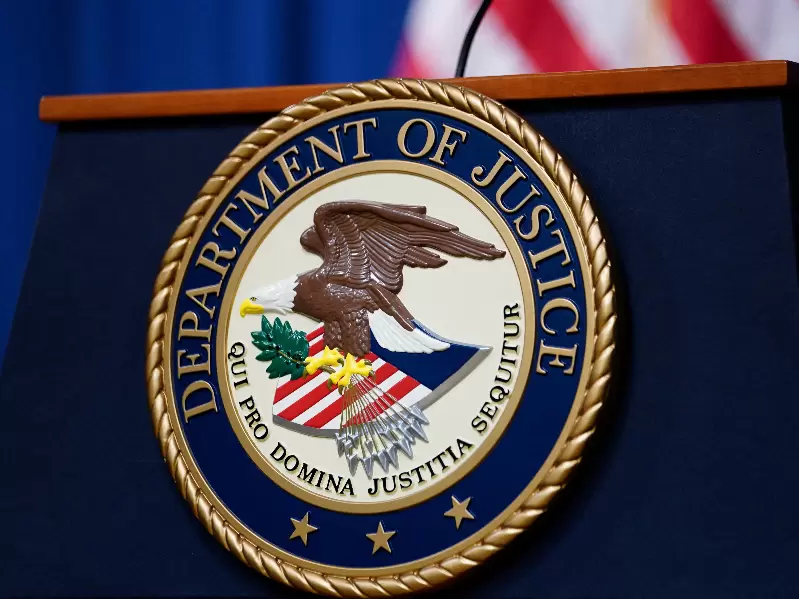
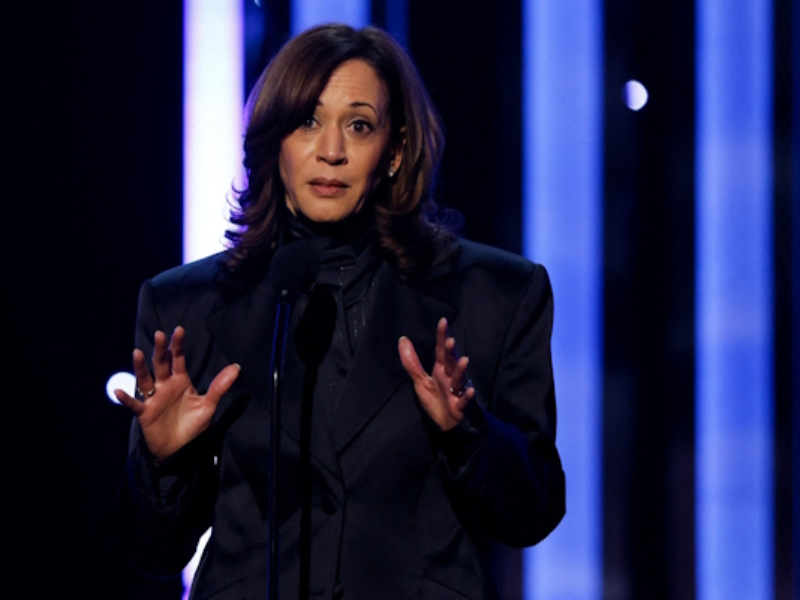
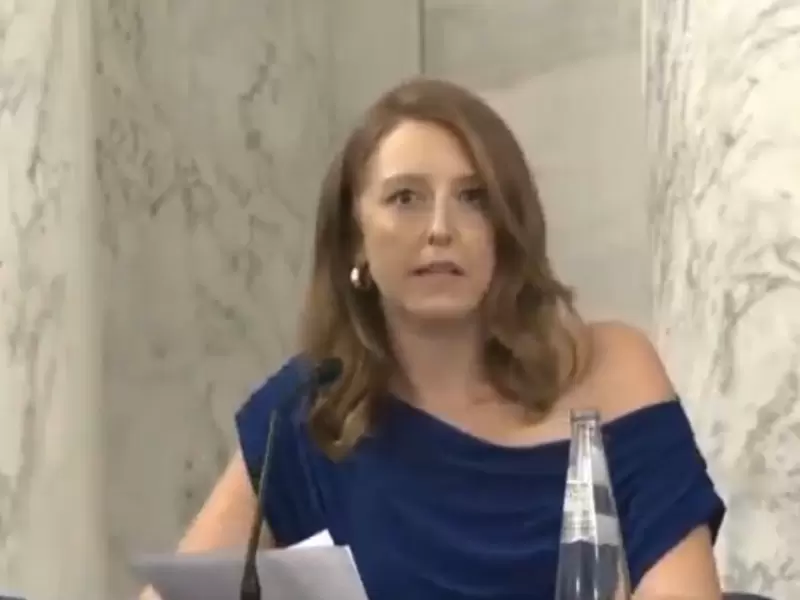
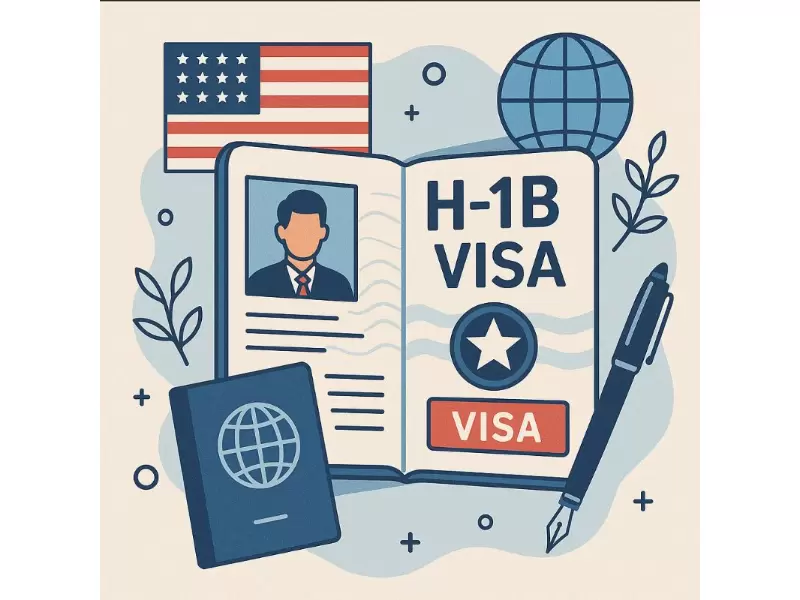
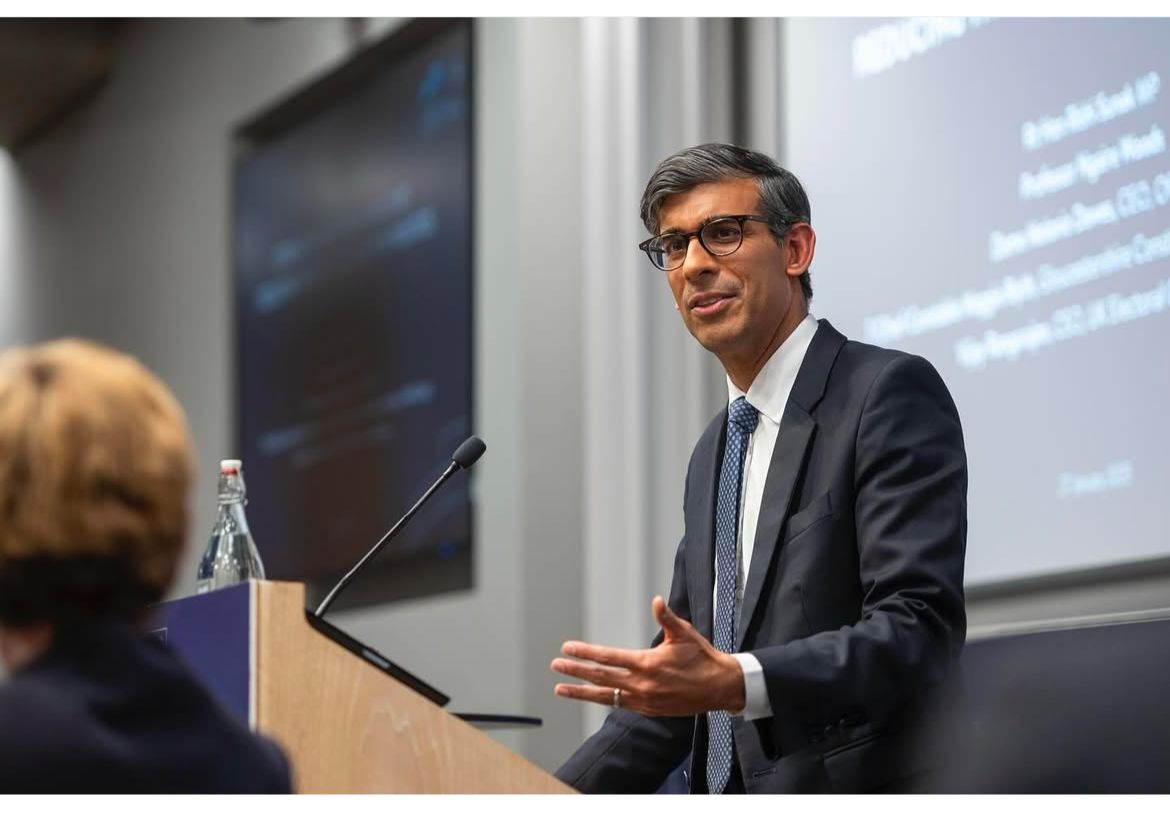

.jpg)
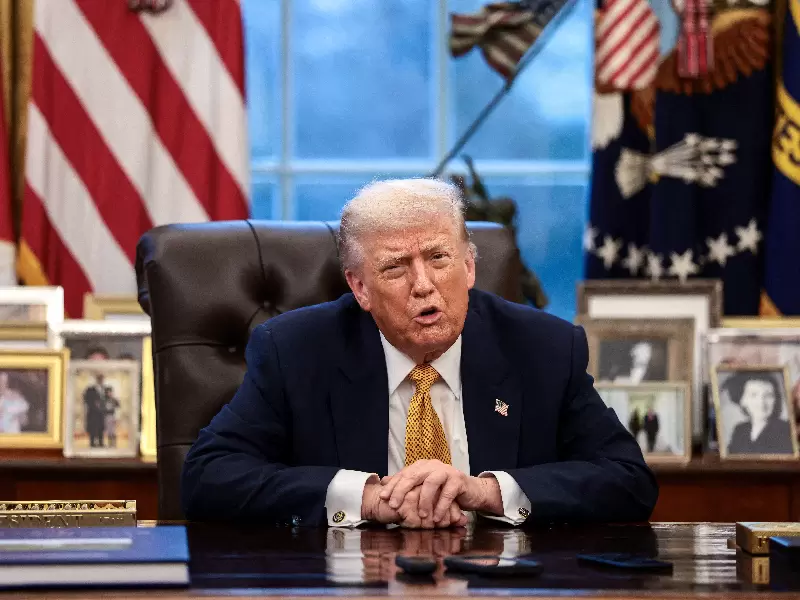

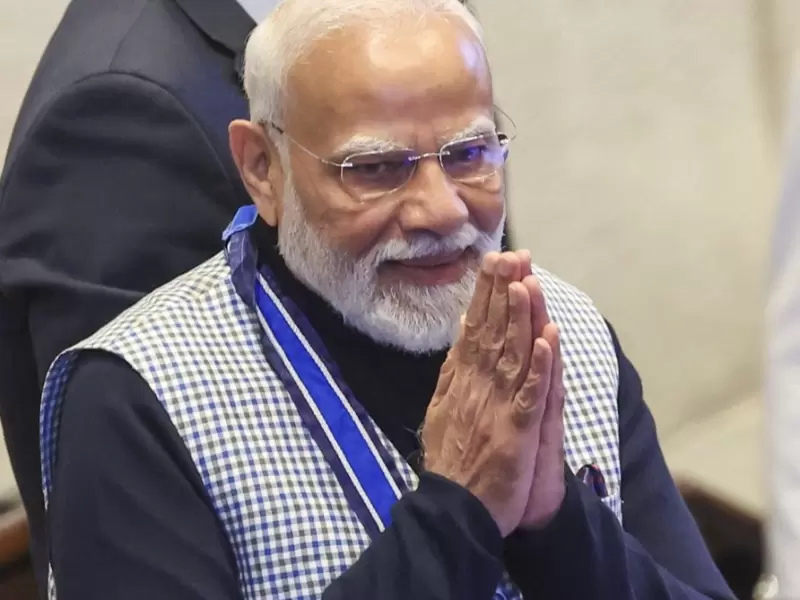



Comments
Start the conversation
Become a member of New India Abroad to start commenting.
Sign Up Now
Already have an account? Login